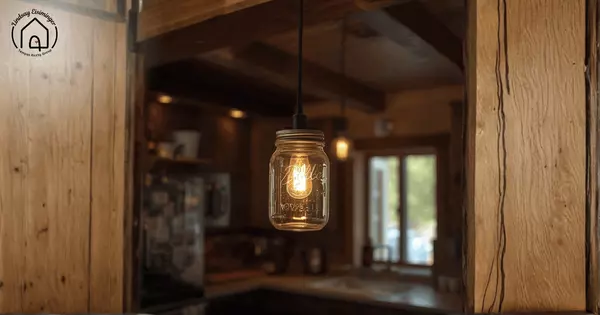The Process of Closing on a House
The closing process is the final step in purchasing a home and involves several important tasks and considerations. Here's an in-depth overview of what to expect during the closing on a house.
1. Title Search and Inspection
Prior to closing, a title search is conducted to verify the property's ownership history and ensure there are no outstanding liens or legal issues. The buyer typically schedules a final inspection to confirm the property's condition and ensure any agreed-upon repairs have been completed.
2. Mortgage Approval and Documentation
Once the purchase agreement is finalized, the buyer's lender reviews the mortgage application and prepares the necessary loan documents. The buyer provides financial documentation, such as income statements and credit reports, to support the loan approval process.
3. Review of Closing Disclosure
The lender provides a Closing Disclosure document outlining the final loan terms, closing costs, and escrow details. The buyer reviews this document to ensure accuracy and clarity. Any discrepancies or questions should be addressed before the closing date.
4. Finalizing Loan Documents
During the closing meeting, the buyer reviews and signs the loan documents, including the mortgage note, deed of trust, and various disclosure forms. The seller also signs the deed transferring ownership to the buyer.
5. Funding and Disbursement
Once all documents are signed, the buyer submits the required funds for the down payment and closing costs to the closing agent or escrow company. The lender disburses the loan amount to complete the purchase transaction.
6. Recording of Documents
After the closing, the deed and mortgage documents are recorded at the county recorder's office. This officially transfers ownership of the property from the seller to the buyer and establishes the buyer's mortgage lien on the property.
7. Possession and Move-In
Once the transaction is closed, the buyer receives the keys to the property and takes possession. The buyer can begin moving into the new home and making it their own.
8. Post-Closing Follow-Up
After closing, the buyer should retain copies of all closing documents for reference. Any post-closing issues or concerns, such as utility transfers or property tax payments, should be addressed promptly.
Navigating the closing process requires attention to detail and coordination among various parties, including lenders, real estate agents, attorneys, and closing agents. By understanding each step and working closely with professionals, buyers can ensure a smooth and successful closing on their new home.
Categories
Recent Posts












